Guyana: the epicentre of oil 'arms race'
The Stabroek oil block is growing the nation's economy - but is hotly contested
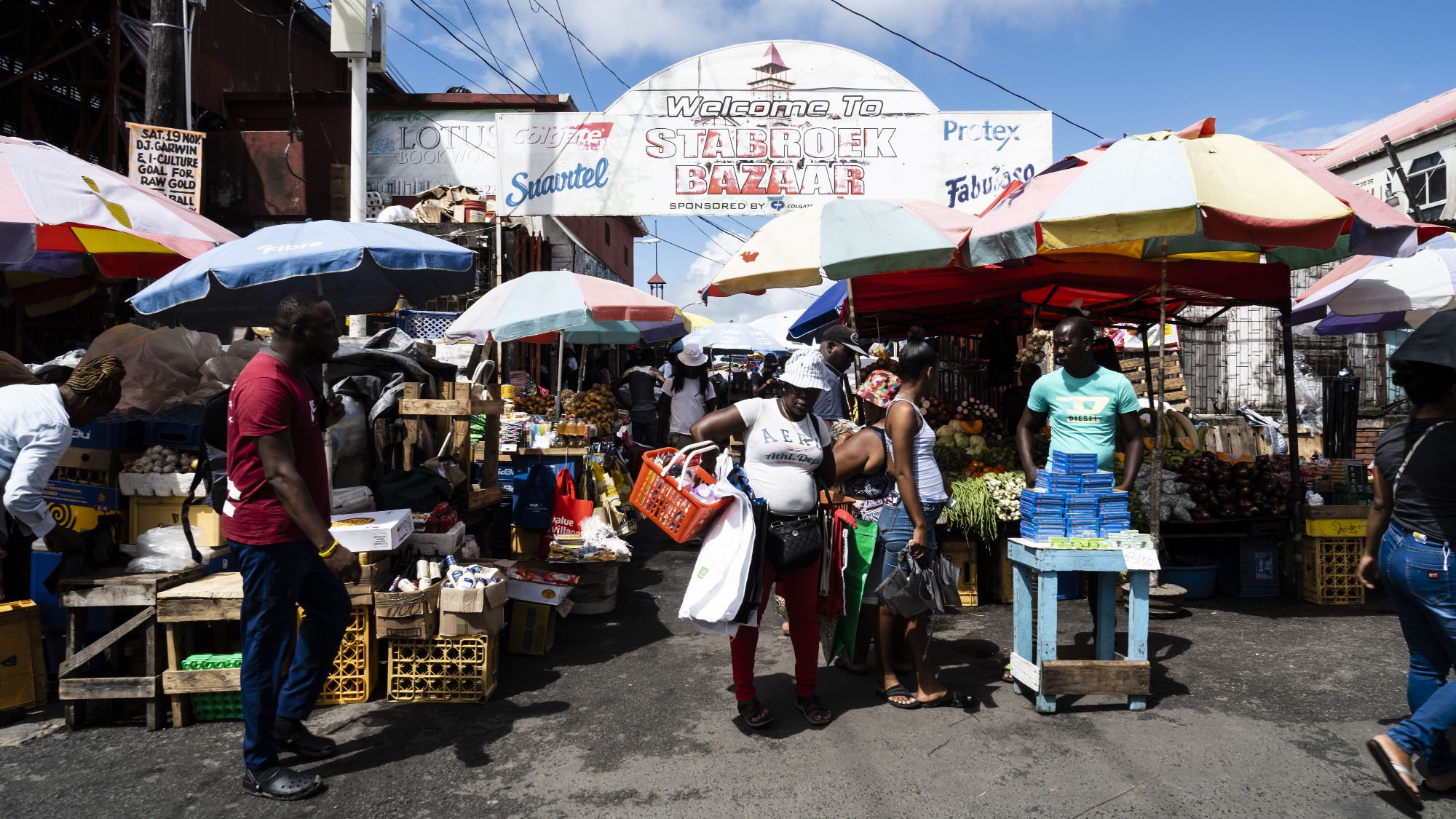
A free daily email with the biggest news stories of the day – and the best features from TheWeek.com
You are now subscribed
Your newsletter sign-up was successful
Guyana, home to only 800,000 people, has become international hot property – and the reason is oil.
When oil giants first arrived in the South American country in 2008, there was "little interest" in its potential as a fossil fuel producer, said the Financial Times. But this drastically changed in 2015 with the discovery of the Stabroek block off the coast of Guyana by a consortium led by the US multinational ExxonMobil.
Guyana's oil boom has made the nation the "world's fastest-growing economy", CNBC reported, and it is "on track for more than 100% growth" in the next five years.
Major oil investment is pouring into the country, which is now "a jewel in ExxonMobil's crown", Alistair Routledge, the company's Guyana president, told the FT.
Overflowing oil has also meant competition. ExxonMobil's rival Chevron recently gained a foothold in the area by acquiring another US operator, Hess. It comes amid what the FT described as a wider "oil arms race" between the industry's major players.
Meanwhile, Guyana has a political "nemesis", said Elias Ferrer Breda for Forbes. In a dispute that "goes back to colonial times", Venezuela has claims to two-thirds of its neighbour's territory and the Stabroek block "lies in the middle of disputed territorial waters".
A final decision from the International Court of Justice on the matter "may be still years away", said Oil Price's Charles Kennedy, compounding the strife between the nations as oil wealth increases.
Tiny Guyana is now infused with "wealth and worries", said The Wall Street Journal (WSJ). The "economic makeover" means new supermarkets are stocked with prime Texas rib-eyes, Exxon billboards plug job opportunities and the national cricket team, sponsored by Exxon, "is getting a new stadium". Some resist, fearful their country is becoming "a subsidiary of Exxon", the newspaper added, while a "series of court cases have sought more oversight of the company".
The country is also racing against a turning tide of international public opinion as cleaner energy is pursued. The International Energy Agency estimates "peaks in global demand for coal, oil and natural gas" will happen before 2030.
Guyana's vice-president Bharrat Jagdeo presses on, having "rebuked pleas" from the UN and other countries that it should be scaling down oil production, the WSJ said. He argues that it is time for small nations like his own to break the production monopoly.
"We need money from the oil and gas sector to climate-proof our country and adapt to climate change," he told the newspaper. "I'm at peace with my philosophy and conscience."
This article first appeared in The Week’s Global Digest newsletter. Sign up for a preview of the international news agenda, sent to your inbox every Monday.
A free daily email with the biggest news stories of the day – and the best features from TheWeek.com
The Week
Escape your echo chamber. Get the facts behind the news, plus analysis from multiple perspectives.

Sign up for The Week's Free Newsletters
From our morning news briefing to a weekly Good News Newsletter, get the best of The Week delivered directly to your inbox.
From our morning news briefing to a weekly Good News Newsletter, get the best of The Week delivered directly to your inbox.
Rebekah Evans joined The Week as newsletter editor in 2023 and has written on subjects ranging from Ukraine and Afghanistan to fast fashion and "brotox". She started her career at Reach plc, where she cut her teeth on news, before pivoting into personal finance at the height of the pandemic and cost-of-living crisis. Social affairs is another of her passions, and she has interviewed people from across the world and from all walks of life. Rebekah completed an NCTJ with the Press Association and has written for publications including The Guardian, The Week magazine, the Press Association and local newspapers.
-
 The Epstein files: glimpses of a deeply disturbing world
The Epstein files: glimpses of a deeply disturbing worldIn the Spotlight Trove of released documents paint a picture of depravity and privilege in which men hold the cards, and women are powerless or peripheral
-
 Jeff Bezos: cutting the legs off The Washington Post
Jeff Bezos: cutting the legs off The Washington PostIn the Spotlight A stalwart of American journalism is a shadow of itself after swingeing cuts by its billionaire owner
-
 5 blacked out cartoons about the Epstein file redactions
5 blacked out cartoons about the Epstein file redactionsCartoons Artists take on hidden identities, a censored presidential seal, and more
-
 Why is the world so divided over plastics?
Why is the world so divided over plastics?Today's Big Question UN negotiations on first global plastic treaty are at stake, as fossil fuel companies, petrostates and plastic industry work to resist a legal cap on production
-
 Greenpeace, Energy Transfer and the demise of environmental activism
Greenpeace, Energy Transfer and the demise of environmental activismThe Explainer Court order forcing Greenpeace to pay $660m over pipeline protests will have 'chilling' impact on free speech, campaigners warn
-
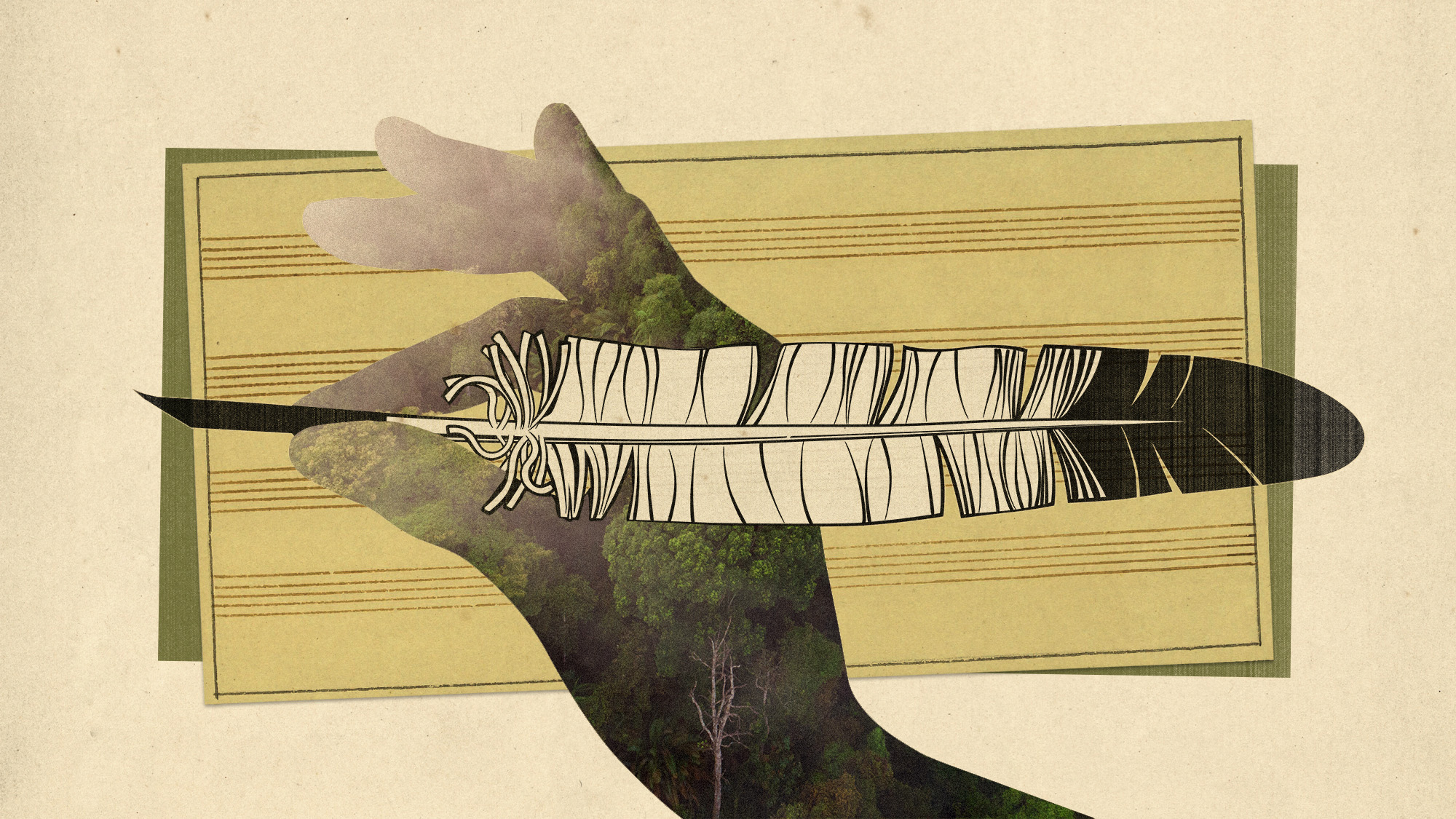 Ecuador's cloud forest has legal rights – and maybe a song credit
Ecuador's cloud forest has legal rights – and maybe a song creditUnder the Radar In a world first, 'rights of nature' project petitions copyright office to recognise Los Cedros forest as song co-creator
-
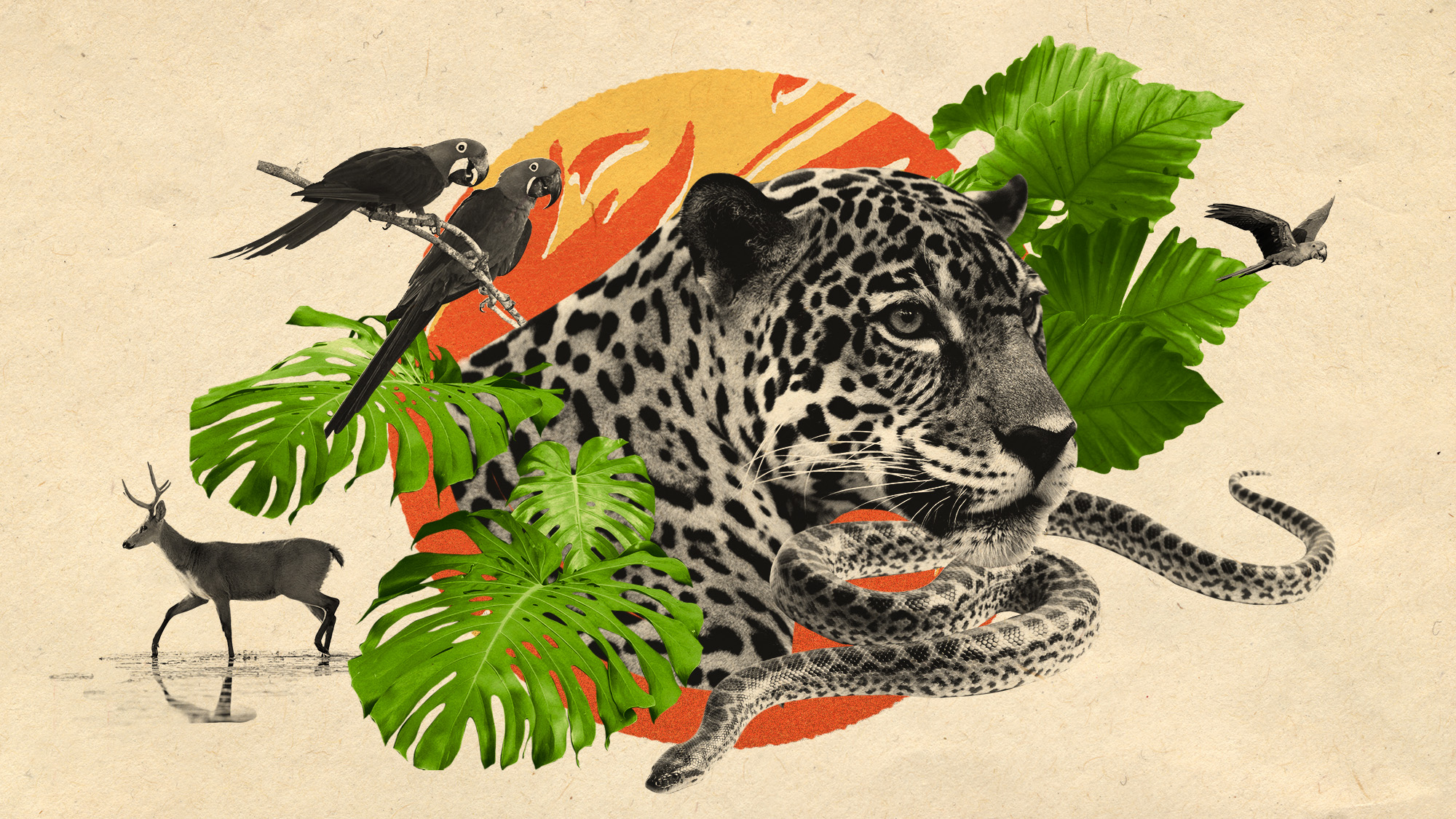 The world's largest tropical wetland is on fire, and under threat from waterway
The world's largest tropical wetland is on fire, and under threat from waterwayUnder the Radar Proposed shipping route through Pantanal in Brazil could dry out biome and worsen devastating wildfires
-
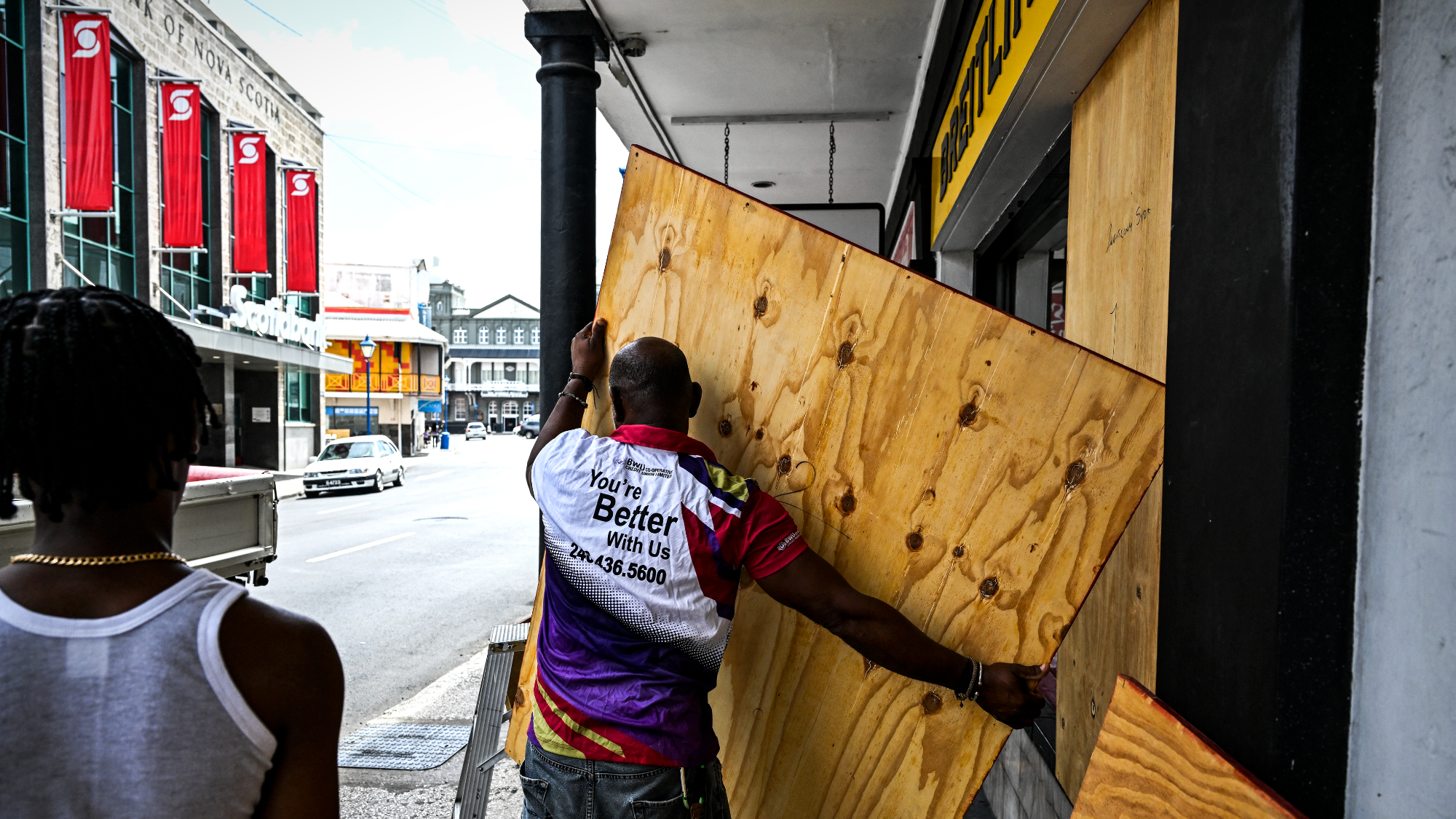 'Dangerous' Hurricane Beryl stalks Caribbean
'Dangerous' Hurricane Beryl stalks CaribbeanSpeed Read Beryl has strengthened from a tropical storm into a Category 4
-
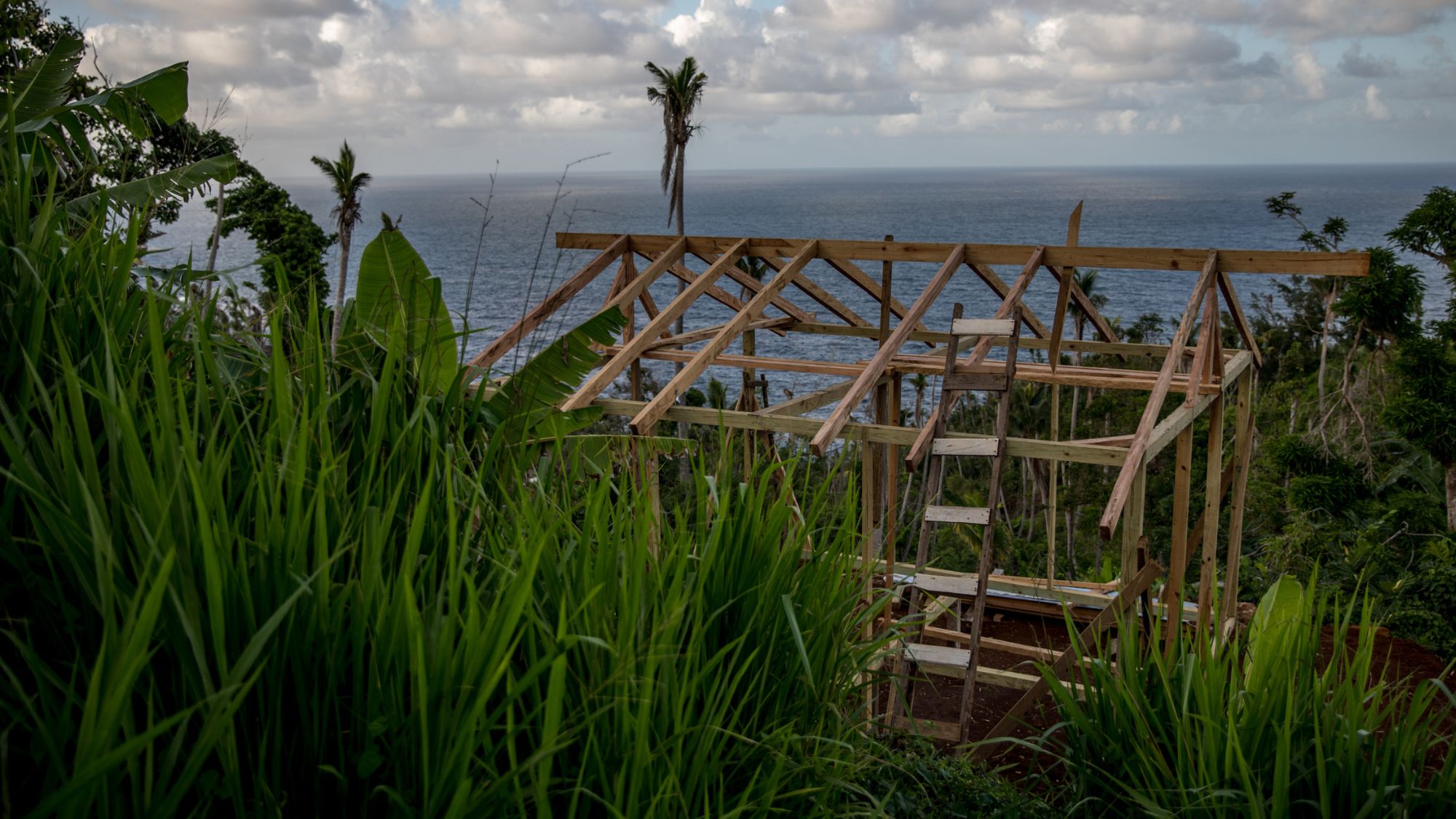 Dominica's journey to climate resilience
Dominica's journey to climate resilienceUnder the Radar The island nation is hoping to use Cop28 as a unique opportunity for climate assistance
-
 Cop28: is UAE the right host for the climate summit?
Cop28: is UAE the right host for the climate summit?Today's Big Question Middle East nation is accused of 'pushing for a green world that can still have its oil'
-
 Rosebank oil field: pragmatism over future prospects?
Rosebank oil field: pragmatism over future prospects?Talking Point Green campaigners decry 'morally obscene' opening of new oil fields while trying to cut emissions